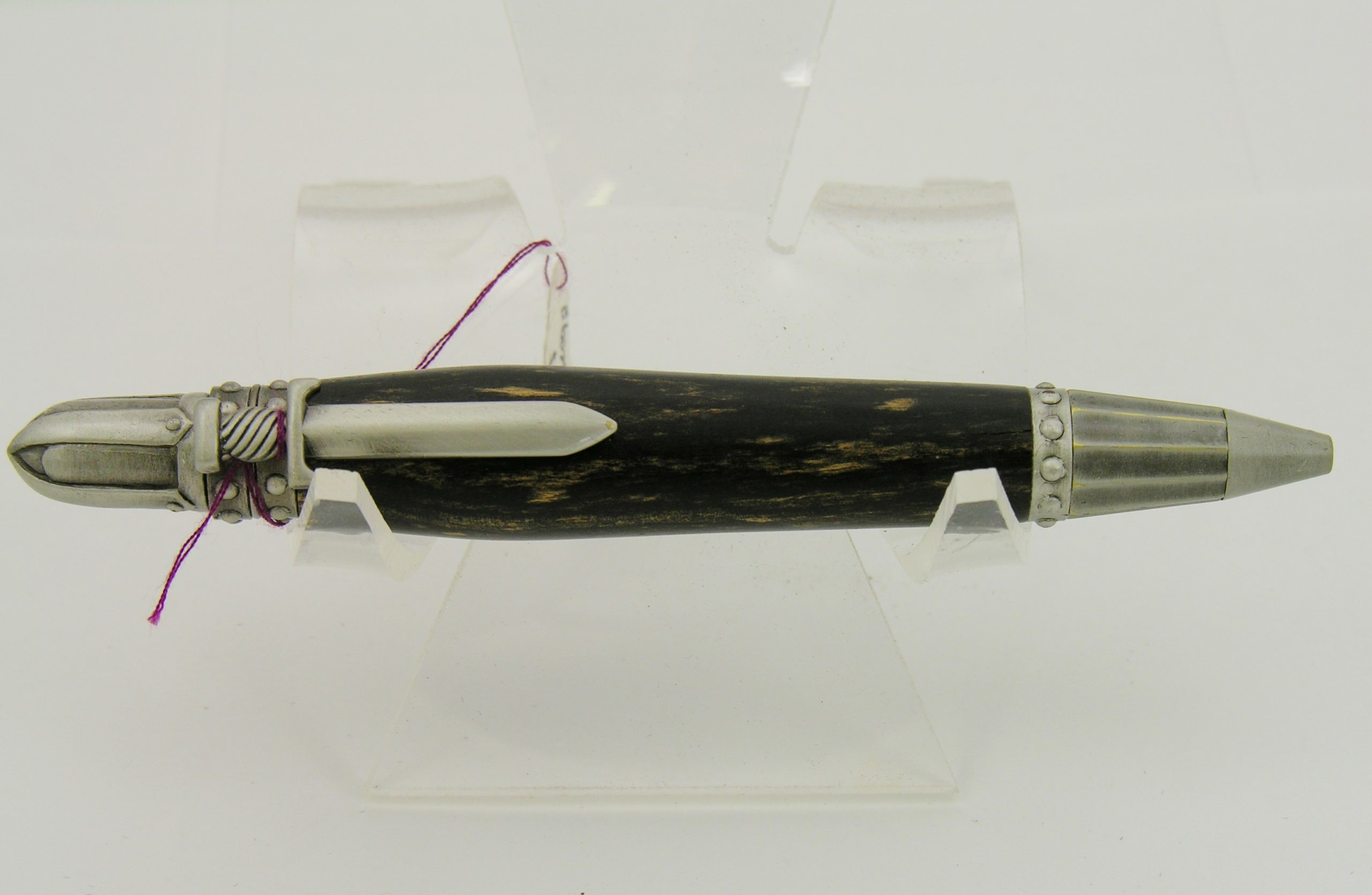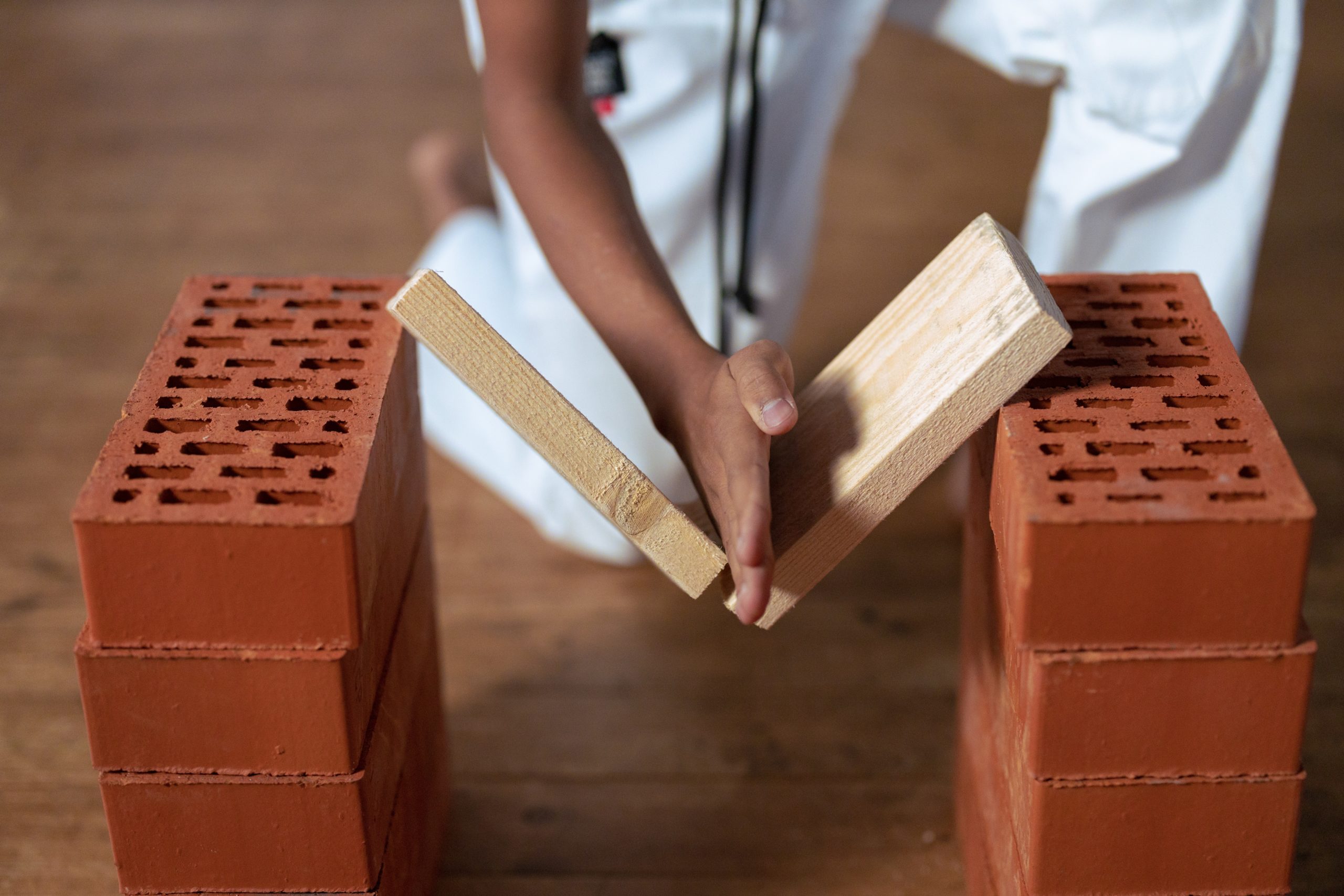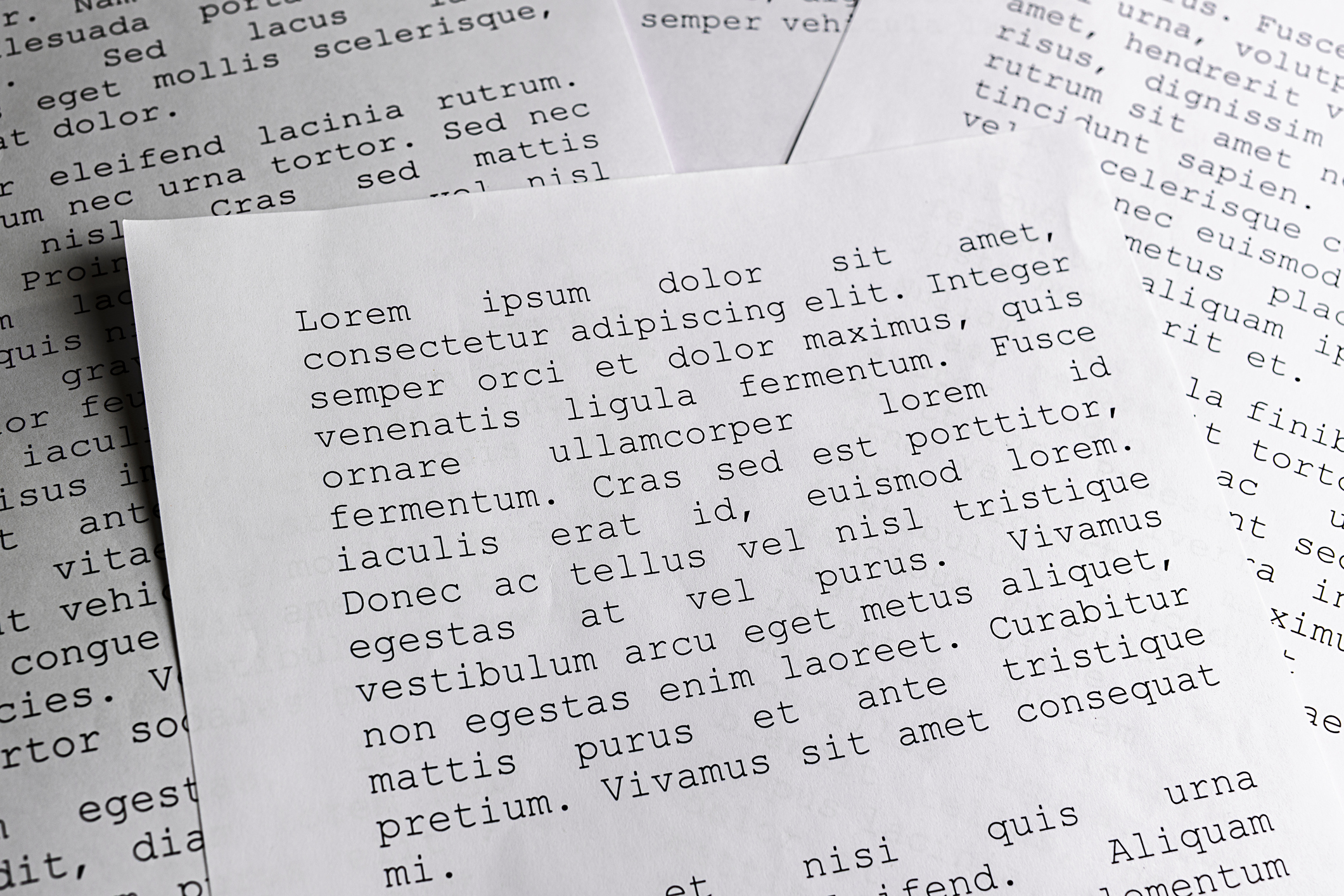HAN’S ISLAND—Carpenters who worked on martial arts legend Bruce Lee’s last film, “Enter the Dragon,” have revealed that Lee’s famous saying that boards don’t hit back was untrue: boards do indeed hit back, and they do so really, really fast and really, really hard.
Chargehand carpenter Au Wee oversaw most of the prop crew during the 1972 production. He says that boards hit two of his carpenters and several other crew members, resulting in injuries ranging from black eyes and other bruises to lacerations and abrasions. He insists none of the boards was provoked, though he admits many were stepped on or hammered before they hit back. In one case, he says he witnessed a board lying on a sawhorse get up and hit a crew member who was rushing to cut it after being told they had 15 minutes to rebuild an entire prop. The board was teeter-tottering, so when the man pressed down on one side, the other side leapt up and whacked the man square in the cheek, knocking him out. “Nobody messed with that board anymore,” Wee says. “Only the Little Dragon could’ve blocked it. Maybe.”
Lee’s oft quoted “boards don’t hit back” occurs during a movie scene in which his character of the same name is to fight O’Hara, who is responsible for the death of his character’s sister and is the top bodyguard of the main antagonist, Han. Before their fight, Lee bows to O’Hara, who, instead of reciprocating, dangles a wood board in the air with his left hand, then splits it in half with a punch with his right hand to intimidate Lee. Though breaking a board in such a manner is a difficult feat to pull off, Lee is unimpressed and responds with the now famous line. Wee says that he is unsure whether that line was scripted or if Lee ad-libbed it but that during the first take, many of the crew, nursing injuries from getting hit by boards throughout the production, groaned when they heard it. He says the loud disapprobation ruined the take and drew the ire of the director, who immediately stopped filming and yelled at them to shut up. He vividly recalls the director then grabbing a black-and-white clapperboard from his assistant and throwing it to the ground to make a point. But the clapperboard ricocheted off the dry dirt, hitting the assistant in the face and breaking his jaw. “After that,” Wee says, “the director insisted that the board O’Hara hit be tranquilized before filming.”
Several former and current carpenters who are also martial artists agree with Wee. Thad Hertz, who works as a residential carpenter and has a fourth-degree black belt in karate, says that he started training in the martial arts to defend himself at work. “When I first started out,” he says, “I’d come home with bruises and stuff, and my wife thought I was being hazed by the guys. But most of the time I was just getting my ass kicked by plain old wooden boards. But naturally I didn’t tell her that.” He says that longer boards can be the most dangerous because they really know how to use leverage to their advantage. He adds, however, that if you show them respect and go with the grain, they can be really good to work with. But, he warns, you always have to be aware because every once in a while, you’ll come face to face with a punk with a really bad attitude. “On one job site,” he says, “I was trying to remove an old, broken two-by-four, but it just didn’t want to come out. As a last resort, I got a pry bar. Big mistake. The board whacked me in the head and I ended up with seven stitches.” Shirley Planck, who transitioned from carpentry to woodturning and practices Shaolin tiger and crane kung fu, says that boards aren’t the only wood that hits back. While turning a pen on a lathe, she says she was struggling with a particularly difficult burl when a large chunk of the hardwood flew up and cracked the lens of her safety goggles. “If I hadn’t been wearing protection,” she says, “I’d likely have lost my eye. They fight dirty.”




